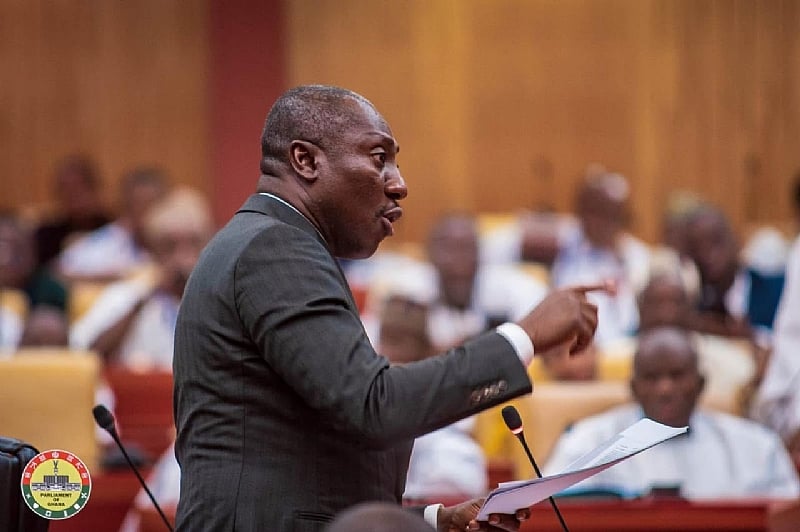The recent appointment of a 60-member ministerial cabinet by Ghana’s President John Dramani Mahama has sparked debate, with Effutu MP and Minority Leader, Alexander Afenyo Markin, arguing that such a lean government structure will hinder effective governance. Both Mahama and his primary opponent during the 2024 campaign, Dr. Mahamudu Bawumia, committed to smaller cabinets, comprising 60 and 50 ministers respectively, in response to public calls for reduced government expenditure and increased efficiency. President Mahama has followed through on this promise, reducing the number of ministries and opting against appointing deputy ministers for certain portfolios.
Afenyo Markin, however, contends that this downsizing will ultimately undermine the administration’s effectiveness. He argues that the complexities of governance require a more robust ministerial structure, suggesting that the President reconsider his decision. Markin believes that succumbing to public pressure for leaner government without adequately explaining the nuances of governmental operations is a misstep. He posits that the intricacies of political processes necessitate a certain level of personnel and resources to function effectively.
Using the Ministry of Local Government as an example, Markin highlighted the demanding nature of the portfolio. He pointed to the significant responsibilities involved in managing local conflicts and facilitating peaceful negotiations, arguing that such tasks require dedicated attention and resources, which a lean ministry might struggle to provide. While acknowledging the competence of the appointed minister, Ahmed Ibrahim, Markin emphasized the sheer volume and complexity of the tasks involved, suggesting that a single minister, even a capable one, might be overwhelmed.
Markin’s assertion is that slimming down the government to appease public sentiment without fully considering the operational implications is a flawed approach. He believes that the perceived cost-saving benefits of a smaller cabinet might be outweighed by the potential for reduced efficiency and effectiveness in critical areas of governance. He suggests that the President should be willing to admit to underestimating the complexities of governance and expand the cabinet to adequately address the multifaceted demands of running the country.
The core of Markin’s argument revolves around the idea that effective governance requires a certain level of investment in human resources. He suggests that the drive for leaner government, while well-intentioned, might be overly simplistic and ultimately counterproductive. He advocates for a more nuanced approach, balancing the desire for fiscal responsibility with the practical need for sufficient personnel to manage the complex tasks of running a nation. He doesn’t explicitly advocate for a return to the previous, larger cabinet size, but his argument implies that a moderate expansion is necessary to ensure effective governance.
The debate highlights the tension between public demands for fiscal prudence and the operational realities of governance. While reducing government spending is a laudable goal, it should not come at the expense of effective and efficient administration. The optimal size of a cabinet is not a simple matter of arithmetic but requires careful consideration of the specific responsibilities and challenges faced by each ministry. The ongoing discussion about the appropriate size and structure of Ghana’s government highlights the need for a balanced approach, taking into account both fiscal responsibility and the practical requirements for effective governance.


